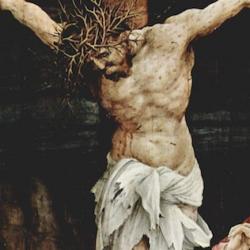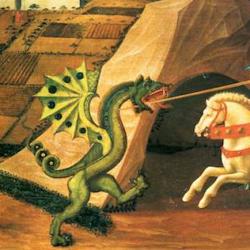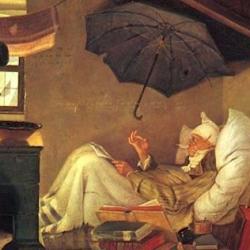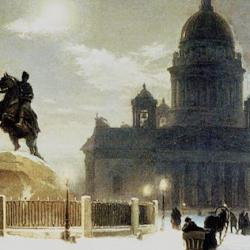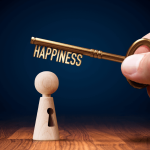In a 2005 interview with the Paris Review, Australian poet Les Murray describes his family’s religious background, and the reasons for his conversion to Catholicism:
The Murrays were old-style Free Kirk Presbyterians. They ranged from devout to indifferent, but most had at least a touch of that Calvinist moral snobbery I’m myself still not free of. They were prone to have a good conceit of themselves, as the old family toast went. Only two of us that I’ve heard of ever converted to Catholicism, my cousin Alice Gleeson and I. My father was so disgusted that he never, in nearly forty years, deigned to speak of my perfidy. . . . I came in because it is the best and only reliable Big Poem. I’d never taken much notice of Catholicism in my childhood or youth. But at university, I began to get a feeling—from people I started meeting—that they had another culture, hated by many but having some very interesting features. It had morals, in a different way from the Calvinist shame-culture I’d grown up in; and it had forgiveness. Catholicism was something of a bulwark against the Nazism of sex that I’d observed everywhere in society already, and would see even more of after the Pill came along: worship of youth and beauty; ruthless relegation of the dowdy, the unhandsome and the shy.
Though he doesn’t make the connection directly, Catholicism’s resistance of sexual Nazism is close to the center of Murray’s concerns as a poet, and to the center of his politics. He characterizes public poetry readings as a way of “reading over the heads of the elite,” and says in the interview that the phrase “sums up half of my politics.” Asked if he would suppress an obscure historical or literary reference when writing for a popular audience, Murray nearly gasps: “Readers would be rightly insulted if they felt I’d assumed they were less smart or less sophisticated than I am. That would be unbearably condescending. And anyway they like some puzzlement, some baroque, perhaps, and certainly some material that doesn’t release all its savor at a first lick. Really, writers and readers alike, as you know, we work beyond our own intelligence; necessarily so. That’s the raison d’etre, the road to the trance that art exists to provide.”
This is part of what Murray is after with his notion of a “vernacular republic,” the notion that “Australia partly was, and potentially could be, a social equivalent of this fusion of levels and registers, a republic of the inclusive middle voice.”
(Photo by Kritzolina.)






